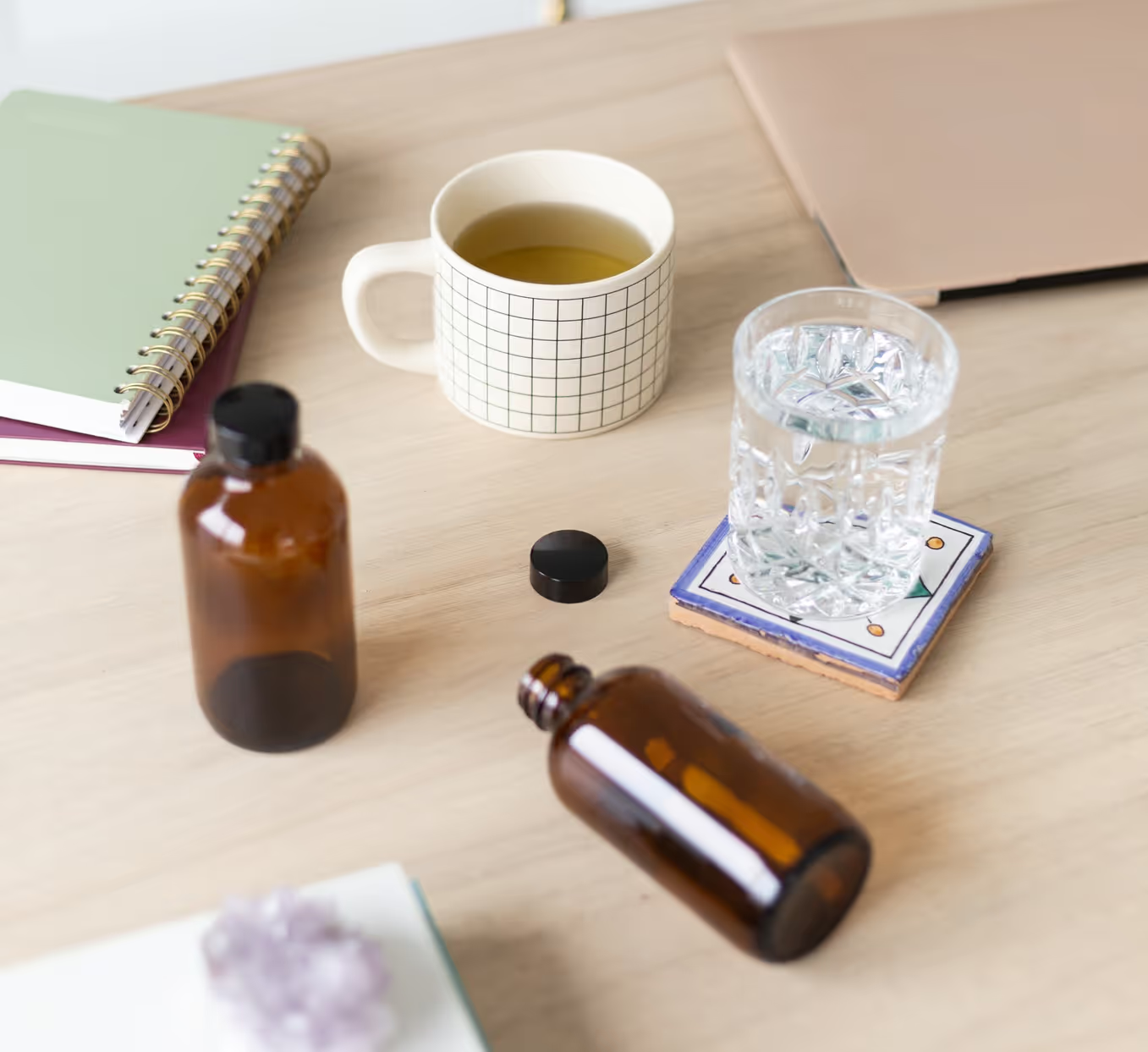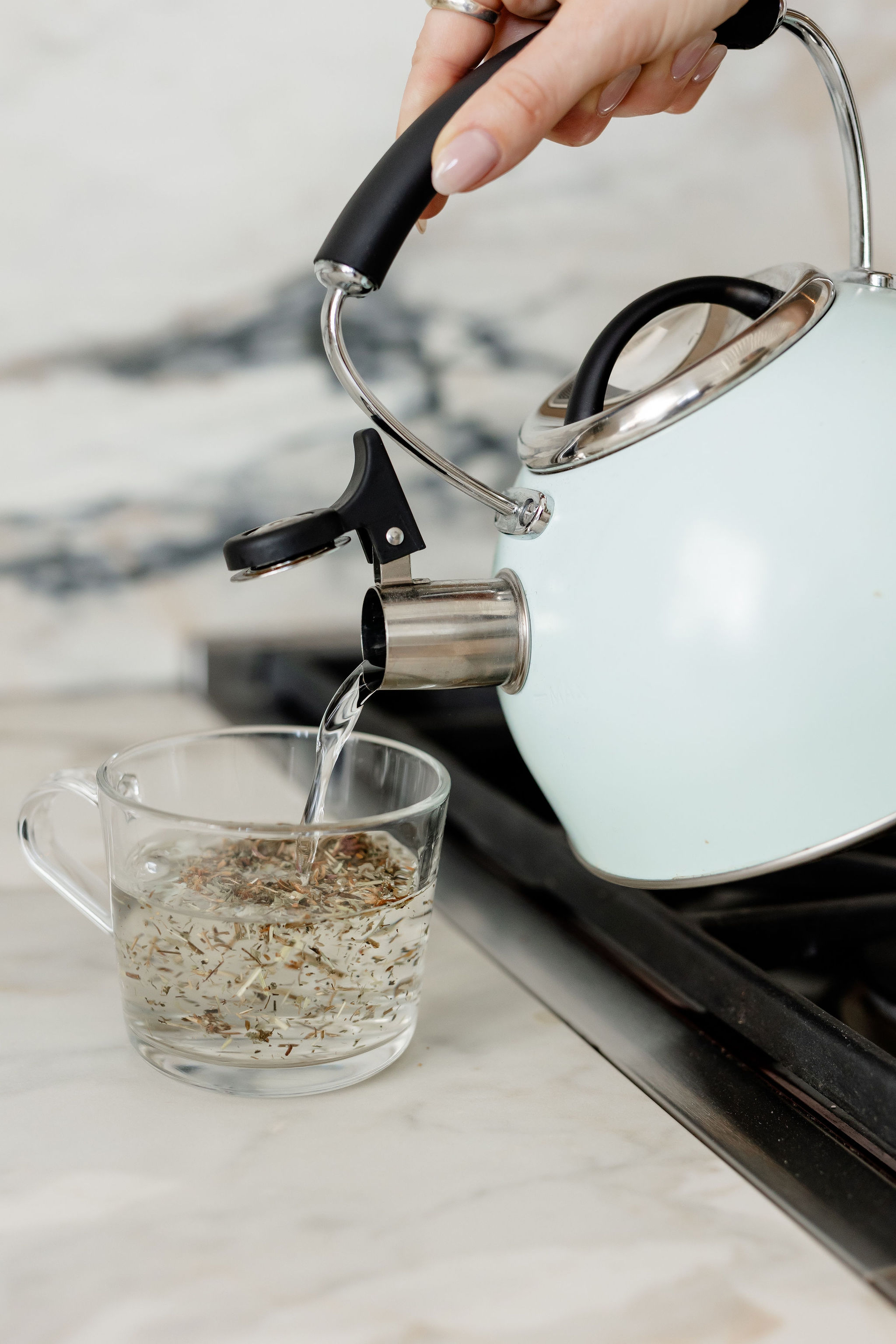Eczema, a chronic skin condition characterized by redness, itching, and inflammation, can be incredibly uncomfortable and disruptive to daily life. While there's no one-size-fits-all solution for managing eczema, one key aspect of effective management is identifying and avoiding common triggers that can exacerbate the condition. Let's dive into some of the more prevalent eczema culprits I see in my practice as a Naturopathic Doctor.
1. Irritants in Skincare Products
Many skincare products contain harsh chemicals and fragrances that can irritate sensitive skin and trigger eczema flare-ups. These irritants may include:
· Sulfates: Found in many shampoos and body washes, sulfates can strip the skin of its natural oils, leading to dryness and irritation.
· Perfumes and Fragrances: Artificial fragrances are a common trigger for eczema.
· Alcohol-based Products: These can be drying and irritating to the skin.
Avoidance Tip: Read product labels carefully and choose skincare products that are labeled "hypoallergenic,""fragrance-free," or "for sensitive skin."
2. Environmental Allergens
Environmental allergens can significantly impact eczema-prone individuals. Some common environmental allergens include:
· Pollen: Seasonal pollen allergies can trigger eczema flare-ups.
· Dust Mites: Found in household dust, dust mites can aggravate eczema symptoms.
· Pet Dander: If you're allergic to pet dander, exposure can worsen your eczema.
Avoidance Tip: Keep your home clean and dust-free, invest in allergy-friendly bedding covers, consider air purifiers and limit exposure to known allergens.
3. Stress and Anxiety
Stress and anxiety are known triggers for eczema, and likely the least considered by my patients. Emotional stress can weaken the skin's barrier function and lead to flare-ups.
Avoidance Tip: Practice stress-reduction techniques such as deep breathing, meditation, yoga, or mindfulness to manage stress and anxiety.
4. Dietary Triggers
Some foods can exacerbate eczema symptoms in certain individuals. I always discuss diet with my patients and through our conversation we can identify any likely suspects, or consider testing options such as food sensitivity testing. Common dietary triggers include:
· Dairy Products: Dairy can be a common trigger for eczema. Try eliminating dairy from your diet for 4-6 weeks to see if it makes a difference.
· Gluten: Some people with eczema may benefit from a gluten-free diet.
· Processed Foods: Highly processed and sugary foods can contribute to inflammation and worsen eczema.
Avoidance Tip: Keep a food diary to track your dietary intake and identify any potential triggers.
5. Hot Water and Over washing
Excessive exposure to hot water and over washing canstrip the skin of its natural oils, leading to dryness and irritation.
Avoidance Tip: Take short, lukewarm showers and use mild, fragrance-free soap. Pat your skin dry gently rather than rubbing it vigorously.

Identifying and avoiding common triggers for eczema is a vital step in managing this challenging skin condition. Keep in mind that eczema triggers can vary from person to person, so what affects one individual may not affect another in the same way. By adopting a holistic approach to eczema management, which includes identifying and avoiding triggers, practicing proper skincare, and considering your unique needs, you can take significant strides toward healthier and happier skin.
To dive deeper into the multi-factorial causes of eczema, necessary testing, diet and lifestyle changes you can make to improve your skin, top skincare recommendations and key supplements to consider, book a FREE discovery call here.
Through my unique processes of a full assessment, intentional testing options and individualized and manageable treatment plans, I've helped hundreds of men and women take the next step and make small changes for dramatic shifts in their health and wellness
Disclaimer:Any information is for informational purposes only and is not intended to be used in place of professional medical advice. Always seek the advice of a qualified health care practitioner with any questions or health concerns you may have.


